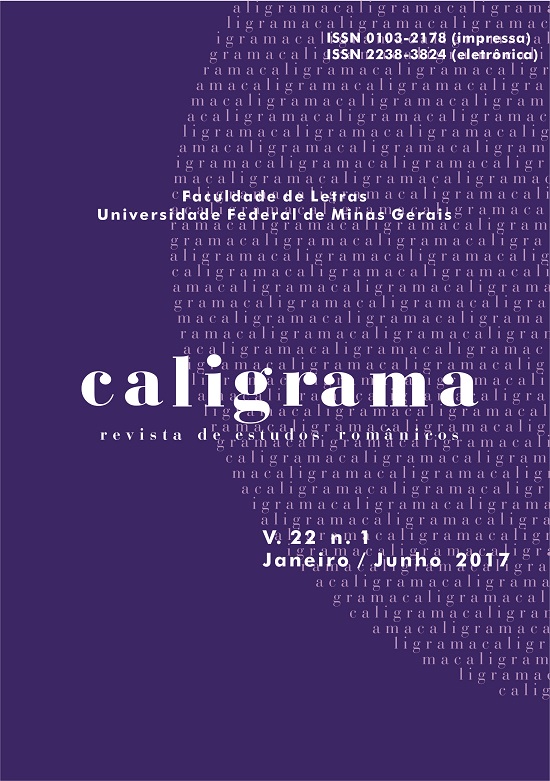Aesop in Portugal: from origins to contemporaneity
DOI:
https://doi.org/10.17851/2238-3824.22.1.51-70Keywords:
Aesop, fable, portuguese literature.Abstract
This research aims to understand how Aesop’s reception in
Portuguese Literature from the Middle Ages to contemporaneity was made,
analysing the relationship between the fable and literature for adults and
for children/youth. In this context, starting from a corpus of fables and
looking to a specific Aesop fable, we will analyse characteristics that will
help to demonstrate how the target audience and the moralizing purpose
of the fables changed over time. It will thus be observed that the fable, in
Portugal, has gone from a genre of adult literature to a typical genre of the literature for childhood and youth, and there is now some tendency to return to the origins at this level.





